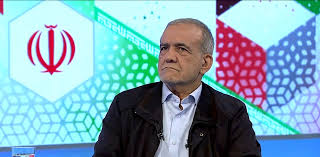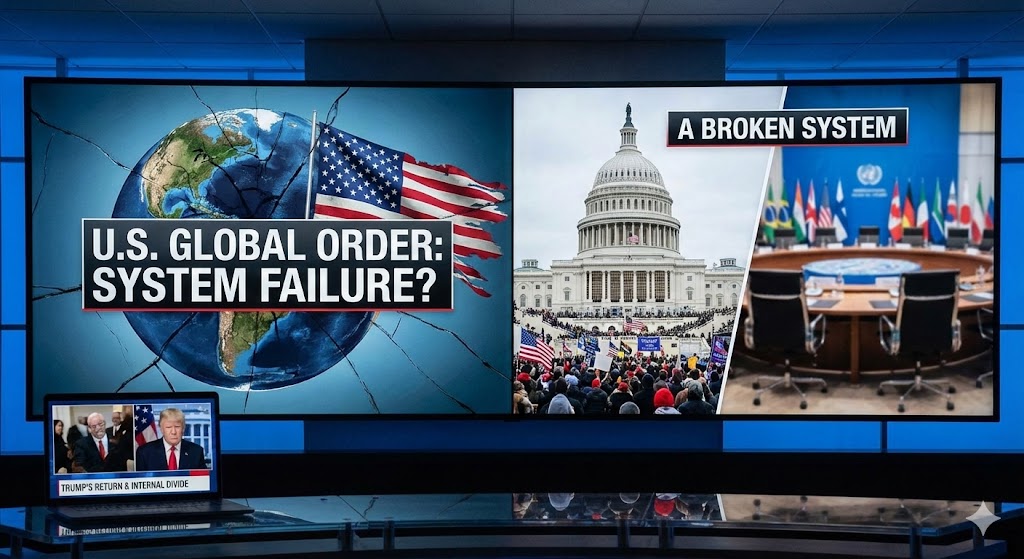Masoud Pezeshkian: Life, Career, Political Thoughts, and Potential Impact on Iranian Policy Towards the West
Life and Early Career
Masoud Pezeshkian was born on September 19, 1954, in Khoy, Iran. He pursued a medical career, earning his medical degree from Tabriz University of Medical Sciences. Specializing in cardiac surgery, Pezeshkian built a distinguished reputation in the medical field, contributing significantly to Iran’s healthcare system.
Political Career
- Entry into Politics:
- Pezeshkian entered the political arena in the early 2000s. His medical background and dedication to public service earned him respect and support within the political landscape.
- He was first elected to the Iranian Parliament (Majlis) in 2000, representing the city of Tabriz. Since then, he has served multiple terms, becoming a prominent figure in Iranian politics.
- Minister of Health:
- From 2001 to 2005, Pezeshkian served as the Minister of Health under President Mohammad Khatami. During his tenure, he focused on improving Iran’s healthcare infrastructure, expanding access to medical services, and promoting public health initiatives.
- Parliamentary Roles:
- Over the years, Pezeshkian has held various influential positions within the Iranian Parliament. He has been a vocal advocate for healthcare reforms, social justice, and economic development.
- In recent years, he served as the First Deputy Speaker of the Parliament, a role that further solidified his influence and leadership within Iranian politics.
Political Thoughts
- Reformist Agenda:
- Pezeshkian is often associated with the reformist camp in Iranian politics. He advocates for gradual political and social reforms, aiming to modernize Iran while preserving its cultural and religious values.
- His reformist views include promoting civil liberties, enhancing government transparency, and encouraging greater political participation among Iranian citizens.
- Economic Policies:
- Pezeshkian emphasizes the need for economic diversification and reducing Iran’s dependence on oil revenues. He supports policies that promote entrepreneurship, attract foreign investment, and develop the non-oil sectors of the economy.
- He advocates for measures to combat corruption, improve public financial management, and ensure equitable distribution of resources.
- Healthcare and Social Welfare:
- Drawing from his medical background, Pezeshkian is committed to improving healthcare services and expanding access to quality medical care for all Iranians.
- He supports social welfare programs aimed at reducing poverty, addressing social inequalities, and providing support for vulnerable populations.
- Foreign Policy Views:
- Pezeshkian has expressed the need for a balanced and pragmatic approach to foreign policy. He believes in engaging with the international community while safeguarding Iran’s sovereignty and national interests.
- He supports diplomatic efforts to resolve regional conflicts and advocates for constructive dialogue with both regional and global powers.
Potential Impact on Iranian Policy Towards the West
- Diplomatic Engagement:
- Pezeshkian’s reformist background suggests a potential openness to improving relations with Western countries. He may advocate for renewed diplomatic efforts to address longstanding issues and build mutual trust.
- He is likely to support efforts to revive the Joint Comprehensive Plan of Action (JCPOA), also known as the Iran nuclear deal, as a means to ease economic sanctions and promote stability.
- Economic Cooperation:
- Pezeshkian may seek to attract Western investment and technology to boost Iran’s economy. He could promote trade agreements and economic partnerships that benefit both Iran and Western nations.
- By emphasizing economic reforms and anti-corruption measures, he may create a more favorable environment for foreign businesses to operate in Iran.
- Human Rights and Civil Liberties:
- As a reformist, Pezeshkian might advocate for improvements in human rights and civil liberties within Iran. Positive steps in these areas could help ease tensions with Western countries concerned about Iran’s human rights record.
- Balancing Regional Interests:
- While pursuing better relations with the West, Pezeshkian is likely to balance Iran’s regional interests and alliances. He will need to navigate the complexities of Iran’s relationships with neighboring countries and maintain its strategic influence in the Middle East.

Challenges and Considerations
- Internal Opposition:
- Pezeshkian may face resistance from hardliners within the Iranian political establishment who are skeptical of engaging with the West and wary of reformist policies.
- Balancing reformist aspirations with the realities of Iran’s political structure will be a key challenge for his administration.
- Western Response:
- The West’s willingness to engage constructively with Pezeshkian’s administration will be crucial. Issues such as sanctions, human rights, and regional security will play a significant role in shaping bilateral relations.
- Building trust and achieving tangible progress in negotiations will require goodwill and cooperation from both sides.
Conclusion
Masoud Pezeshkian’s election as President of Iran brings a potential for gradual reforms and a more balanced approach to foreign policy, including relations with the West. His background as a reformist and healthcare advocate positions him as a pragmatic leader who seeks to modernize Iran while preserving its core values. However, achieving meaningful change will depend on his ability to navigate internal political dynamics and foster constructive engagement with the international community.










Hi, i think that i saw you visited my weblog so i came
to “return the favor”.I am attempting to find things to improve my website!I suppose its ok to use
some of your ideas!!